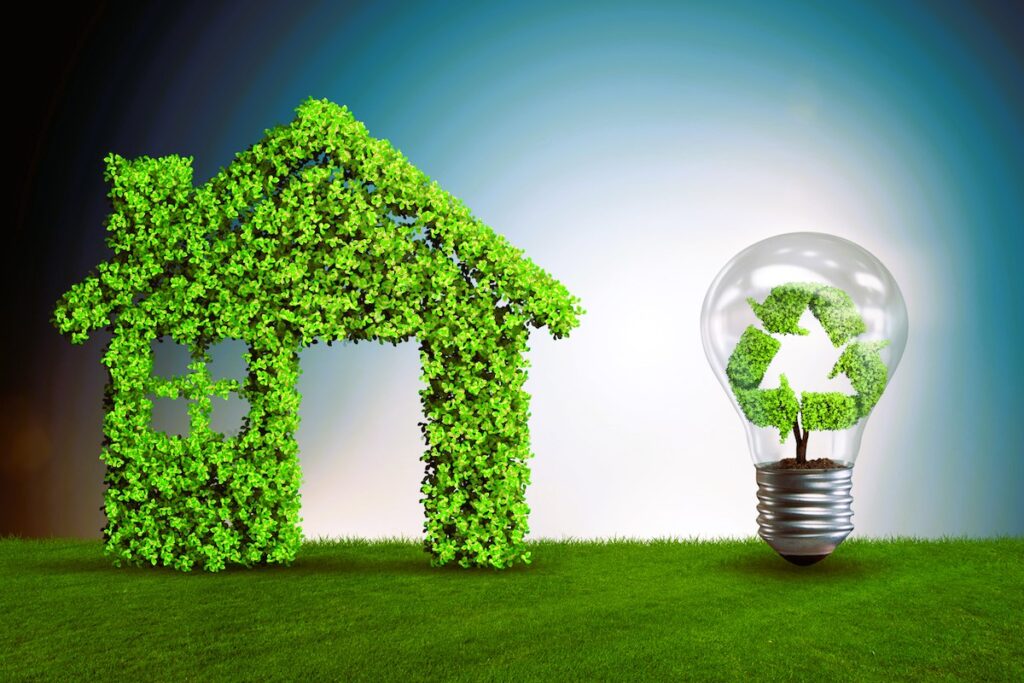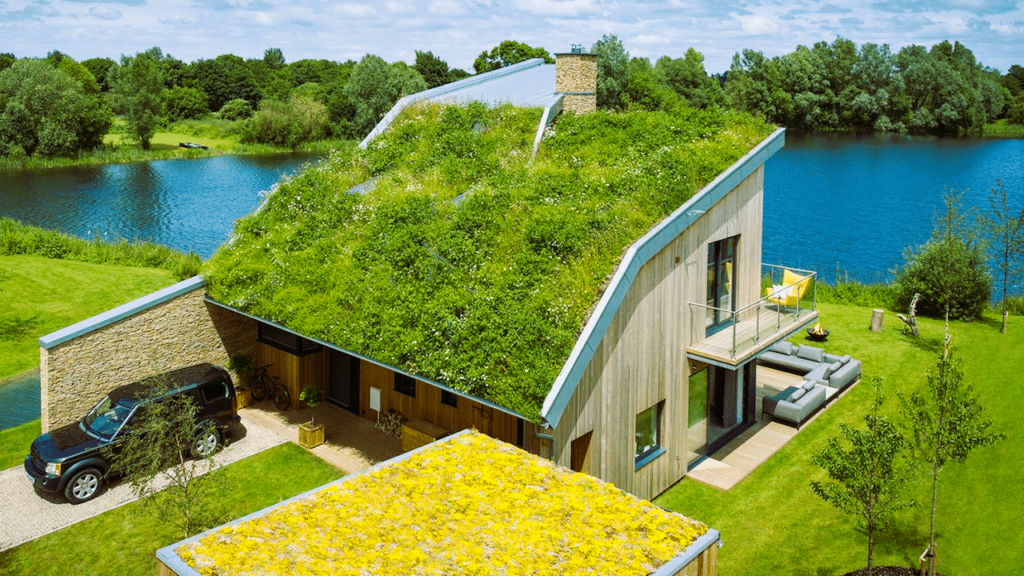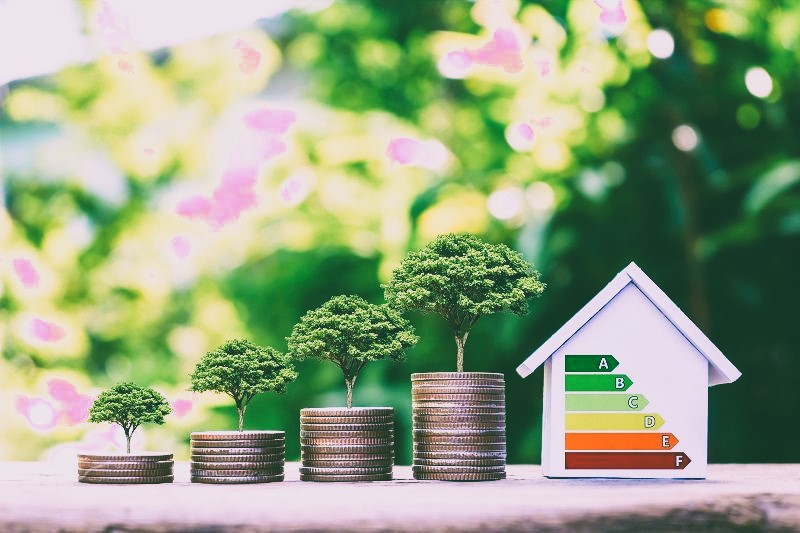In the pursuit of sustainable living and energy efficiency, homeowners are increasingly turning to green renovations to reduce their environmental footprint and lower utility costs. Energy-efficient windows play a significant role in green renovations, offering numerous benefits in terms of insulation, comfort, and energy savings. In this article, we’ll explore the importance of incorporating energy-efficient windows into home improvement projects and how they contribute to creating healthier, more sustainable living spaces.
The Importance of Energy-Efficient Windows
Windows are a critical component of a home’s thermal envelope, influencing heat gain, heat loss, and overall energy performance. Energy-efficient windows help minimize energy consumption, reduce heating and cooling costs, and enhance indoor comfort in several ways:
- Improved Insulation: Energy-efficient windows feature advanced glazing technologies, such as low-emissivity coatings, multiple panes, and gas fills, which provide superior insulation and reduce heat transfer through the windows. This helps maintain more stable indoor temperatures and reduces the workload on heating and cooling systems.
- Reduced Air Leakage: Properly installed energy-efficient windows minimize air leakage and drafts, creating a tight seal between the window frame and the building envelope. This prevents conditioned air from escaping and outdoor air from infiltrating, resulting in improved energy efficiency and indoor comfort.
- Enhanced Daylighting: Energy-efficient windows allow natural daylight to enter the home while blocking harmful ultraviolet (UV) rays and excessive heat gain. This reduces the need for artificial lighting during daylight hours and creates a brighter, more inviting living environment.
- Condensation Control: Energy-efficient windows are less prone to condensation buildup due to their improved thermal performance and reduced temperature differentials. This helps prevent moisture-related issues such as mold growth, rot, and damage to window frames and surrounding structures.

Incorporating Energy-Efficient Windows Into Home Renovations
When planning green renovations, homeowners should consider the following factors when incorporating energy-efficient windows into their projects:
- Window Selection: Choose energy-efficient windows that meet or exceed industry standards for thermal performance, such as ENERGY STAR® certified windows. Look for features such as low-emissivity coatings, gas fills, and insulated frames to maximize energy savings and comfort.
- Proper Installation: Ensure proper installation of energy-efficient windows by hiring qualified professionals or following manufacturer guidelines and industry best practices. Proper installation is essential for maximizing the performance and longevity of energy-efficient windows.
- Integration with Other Green Features: Coordinate the installation of energy-efficient windows with other green renovation measures, such as insulation upgrades, air sealing, and HVAC system improvements. A holistic approach to home energy efficiency ensures optimal performance and long-term savings. Read about how energy-efficient windows play a key role in the article entitled “Net Zero Homes Study.”
- Consideration of Climate and Location: Select energy-efficient windows that are appropriate for the local climate and environmental conditions. Factors such as solar orientation, prevailing winds, and exposure to sunlight should be taken into account to maximize energy savings and comfort.
Benefits of Green Renovations With Energy-Efficient Windows
Green renovations that incorporate energy-efficient windows offer numerous benefits for homeowners, including:

- Energy Savings: Energy-efficient windows help reduce heating and cooling costs by minimizing heat loss and heat gain, resulting in lower utility bills and long-term savings.
- Improved Comfort: Energy-efficient windows provide more consistent indoor temperatures, reduced drafts, and better humidity control, creating a more comfortable living environment year-round.
- Environmental Sustainability: Green renovations reduce energy consumption, greenhouse gas emissions, and reliance on fossil fuels, contributing to a healthier planet and a more sustainable future.
- Increased Property Value: Energy-efficient upgrades, including windows, can increase the resale value of a home and make it more attractive to potential buyers.
In conclusion, energy-efficient windows are a crucial component of green renovations, offering significant benefits in terms of energy savings, comfort, and sustainability. By incorporating energy-efficient windows into home improvement projects and following best practices for selection and installation, homeowners can enjoy a more efficient, comfortable, and environmentally friendly living space for years to come.
For more information on energy-efficient windows and green renovations, consult reputable sources such as Wikipedia. By embracing green renovation principles and investing in energy-efficient upgrades, homeowners can contribute to a greener, more sustainable future while enjoying the benefits of lower energy costs and improved quality of life.

